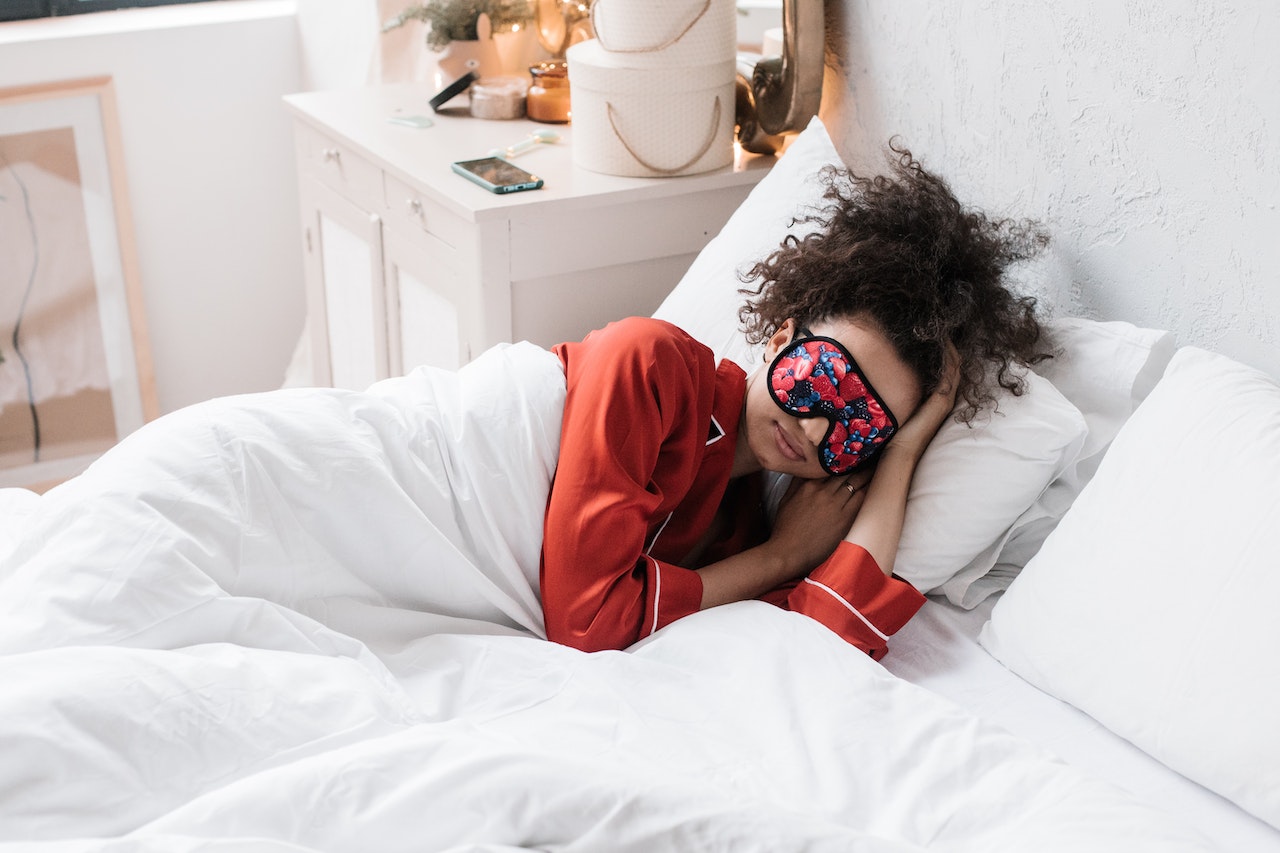

When it comes to health and fitness, there’s one often-overlooked factor that can make a huge difference: sleep. Quality sleep is essential for overall health and well-being, as it plays a crucial role in many bodily functions, including hormone regulation, metabolism, and immune system function. In this article, we’ll explore the importance of sleep for health and fitness and provide tips for getting more restful sleep.
Why Sleep Matters for Health and Fitness?
Our physical and mental wellbeing are very dependent on how well we sleep. Here are just a few reasons why getting enough sleep is so important:
1. Supports Hormone Regulation: During sleep, our bodies release a wave of hormones that regulate appetite, glucose metabolism, and stress responses. Chronic sleep deprivation can throw off these hormones, leading to imbalances that may contribute to obesity, diabetes, and other health issues.
2. Boosts Physical Performance: A lack of sleep can have a significant impact on fitness levels, as it can decrease endurance, power output, and reaction time. For athletes or fitness enthusiasts, getting adequate rest is essential for optimal performance.
3. Supports Mental Health: Sleep is essential for mental health, as it plays a crucial role in mood regulation, cognitive function, and emotional well-being. Chronic sleep deprivation can contribute to mood disorders like anxiety and depression.
4. Helps Immune System Function: Sleep is also important for the immune system, as it helps the body fight off infections and other illnesses. Chronic sleep deprivation has been linked to a weakened immune system, making it harder for the body to fight off germs and viruses.
How to Sleep More Soundly?
Now that you know how important sleep is for your health and fitness, you may be wondering how to get more of it. Here are a few tips for improving the quality and quantity of your sleep:
1. Maintain a Regular Sleep Schedule: Make an effort to go to bed and wake up at the same times every day, especially on weekends. This can help regulate your body’s internal clock and improve overall sleep quality.
2. Create a Sleep-Conducive Environment: Invest in a comfortable mattress and pillows and make sure your bedroom is cool, dark, and quiet. If noise or light is a problem, consider using earplugs or an eye mask.
3. Wind Down Before Bed: Create a relaxing bedtime routine to help your body prepare for sleep. This could include taking a warm bath or shower, reading a book, listening to calming music, or practicing relaxation techniques like meditation or deep breathing.
4. Limit Screen Time Before Bed: The blue light emitted by cell phones, tablets, and computers can disrupt sleep by interfering with the production of melatonin, a hormone that regulates sleep. Try to avoid using electronic devices for at least a few hours before bedtime to help your body prepare for sleep.
5. Avoid Stimulants: Caffeine, nicotine, and alcohol can all interfere with sleep quality and make it harder to fall asleep or stay asleep. Try to avoid consuming these substances in the hours leading up to bedtime.
6. Get Regular Exercise: Regular exercise has been shown to improve sleep quality and duration, so on most days of the week engage in moderate activity for atleast 30 minutes , make an effort to. Just be sure to avoid exercising too close to bedtime, as this can have the opposite effect and interfere with sleep.
7. Consider Sleep Aids as a Last Resort: If you’ve tried everything and still struggle with sleep, talk to your healthcare provider about whether a sleep aid might be appropriate for you. Just be aware that these medications can come with side effects and should be used only as a last resort.![]()
![]()


![]()
![]()


How Much Sleep Do You Need?
The National Sleep Foundation recommends that adults aged 18-64 aim for 7-9 hours of sleep per night, while those over 65 should aim for 7-8 hours. However, individual sleep needs can vary based on factors such as genetics, lifestyle, and health conditions. Some people may function well on less sleep, while others may require more. Additionally, certain professions, like healthcare workers, pilots, and truck drivers, may require more sleep to maintain safety and alertness.
Sleep Disorders and Their Impact on Health
Sleep disorders like insomnia, sleep apnea, and restless leg syndrome can have a negative impact on physical and mental health. Insomnia, the most common sleep disorder, can lead to mood changes, decreased cognitive function, and increased risk of accidents. Sleep apnea, which causes breathing disruptions during sleep, can increase the risk of high blood pressure, heart disease, and stroke. Restless leg syndrome can cause uncomfortable sensations in the legs and disrupt sleep. Treatment options for sleep disorders include medication, therapy, and lifestyle changes.
The Benefits of Napping
Short naps lasting between 10-30 minutes can help improve alertness and productivity, and may even improve mood and cognitive performance. Napping during the day has been shown to reduce the risk of cardiovascular disease and other health conditions. Longer naps, however, can cause sleep inertia, or grogginess, and can disrupt nighttime sleep. Napping too late in the day can also make it harder to fall asleep at night.
The Role of Sleep in Healing
During sleep, the body produces human growth hormone (HGH), which helps to repair and build muscles. Inadequate amounts of sleep can result in decreased muscle recovery and slower healing time from injuries. Sleep deprivation can also lead to decreased athletic performance and increased risk of injury. Furthermore, research has shown that sleep plays an important role in cognitive recovery as well. During sleep, the brain consolidates memories and supports learning, making it an important factor in cognitive functioning and overall mental health.
Finally getting adequate restful sleep is crucial for maintaining general health and fitness. By prioritizing sleep and making simple lifestyle changes, you can support your body’s natural functions and improve your physical and mental well-being. Sweet dreams!

Pingback: From Skinny to Strong: A Beginner’s Guide to Gaining Weight - Balanced Bunch